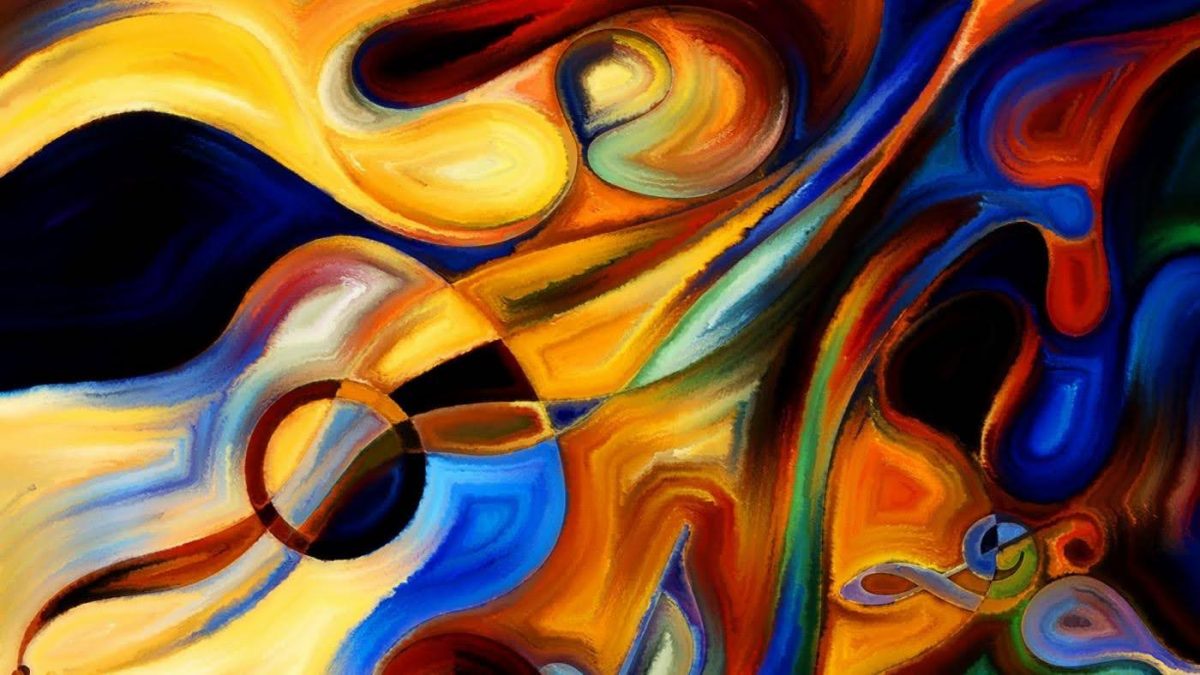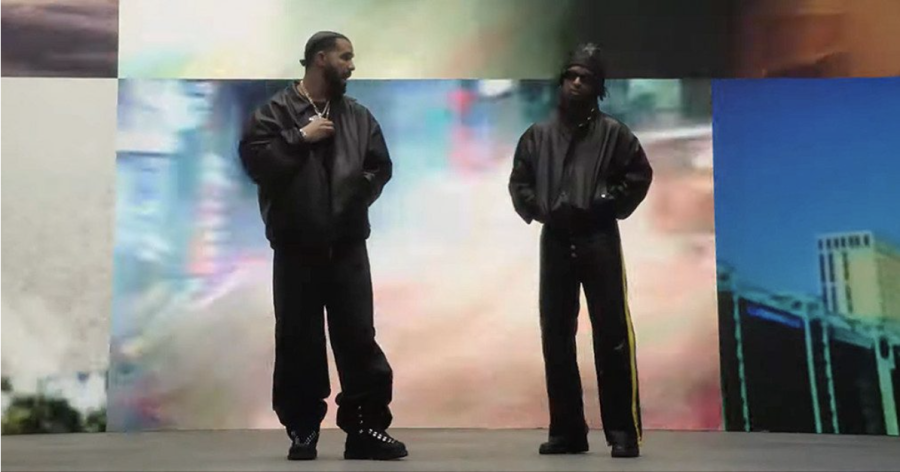As temperatures begin to drop, leaves fall from the trees, and sky turns grey, the changing of seasons seem to change with our mood. Music has a huge impact on our emotions, and as the weather gets colder, mellow music might seem more comforting than energizing summer tunes. The impact of seasons on our music taste raises multiple questions: why does the weather have such a strong influence on what we listen to? And how does the holiday spirit challenge the idea that colder temperatures lead to listening to melancholy music?
A seasonal switch occurs in my own music taste; with more tranquil artists like Phoebe Bridgers and Lizzy McAlpine when the temperatures are low enough to make me shiver. In the summer I listen to more upbeat artists like music created by Tyler the Creator and Frank Ocean, specifically his channel Orange album.
Sophomore Desmond Cullen agrees, claiming that “summer is more happy and fun. Winter, I wouldn’t say it’s dull or sad, [but] I would say it’s more calm.”
Senior Natalie Gomez concurs, “In the winter, it’s definitely a lot more calm, like quiet, just because it gets dark so early so you just gotta feel the chill vibes.”
Winter seems to be dedicated more to settling down and staying in to feel cozier. A falling temperature provides more opportunities for people to feel more comfortable inside and embracing quieter moments.
During the summer, I definitely feel more drawn to listening to more upbeat music, with fast tempos in major keys. I might listen to a mellow song every now and then, but it doesn’t feel right in a sense. I always end up returning to my classic upbeat summer tunes.
Orchestra and guitar teacher Matthew Boggs shares, “I guess during the summer I typically listen to a little bit more of bluegrass fusion [and] stuff that’s a little bit more upbeat.”
Though Gomez, whose dominant language is Spanish, doesn’t share the same taste for the genres Boggs listens to, she “listens to a lot more English music [during the summer], specifically rap.”
There seems to be a trend that some seasons relate to a certain genre of music. How can we explain that frosty weather equates to serene sounds but temperate weather equates to cheery sounds?
Psychology teacher Katherine Parker explains this phenomenon. “If there’s less daylight hours, your brain is going to give less energy to being active. Less energy to being cognitively active, physically active, you’re just going to slow down in mood. Kind of in the same way an animal might in the winter time.”
Having slower brain activity leads to the choices we make, in this case, choices regarding what music we listen to. Parker explains that listening to calmer music leads to a slower mood by “reinforc[ing] the mood because you’re choosing behaviors that reinforce that thought process.”
As someone who turns to music when I am feeling down, I know how comforting it can be to find tunes that really resonate with how I’m feeling. Some lyrics make me feel understood, connecting to my emotions in a special way nothing else can. I know this is something that many others can relate to, but why does music have this effect on us?
Parker clarifies that “if you had a long week or you feel like your sympathetic nervous system has been too active and you need a chance to lower it, there is evidence that music will actually affect the signals that your brain is sending. It literally slows down your body if that’s what you need.”
The sympathetic nervous system is our fight or flight system, activating stress and anxiety, while our parasympathetic nervous system is what calms us down. Listening to music can trigger our parasympathetic nervous system, helping us find a feeling of calmness through the sounds of music. Music is an effective way to dismantle all the stressful things we might be feeling, like schoolwork, extracurricular activities and daily life.
When asked about the kind of music Cullen listens to depending on the season, he shares that he spends his winter listening to Christmas music, providing a perspective I didn’t think about before. While music does play a huge role when it comes to representing and influencing our moods, we must also consider external factors — like the holidays — that come into play on what music we are drawn to. The seasonal shift and our emotions tied to that shift tend to reflect on what type of music we seek out.
Parker explains the psychology behind holiday festivities. “The fact that winter holidays exist in every culture, when the days are shorter, you have holidays because we know mentally we get down. Mentally, we are slowed down by shorter days, and colder weather.”
Since our minds tend to slow down in the colder months, it makes the celebrations of holidays all the more important. Festivities in the winter are often associated with music, counteracting the slowness that comes with the colder and gloomy months. The holidays provide an opportunity to play music that uplifts moods, bringing family, friends, and community together.
Regardless of whatever music you listen to depending on the season, I believe that music is essential to people’s lives. Whenever I feel overwhelmed with anxieties and my loud thoughts, I always turn to music to feel understood and content.
As Parker puts it; “It’s healthy for you to make music a part of your life. Music is important. It does affect our mental health.”
While music is often seen only as a means for pleasure and entertainment, it is also a helpful tool to regulate and understand your emotions, especially during this time of year where the weather tends to slow down our mood.
Playlist: https://open.spotify.com/playlist/5IvLTpl7RVIfZgsKagmpw3?si=sQ7YkwnIQIiUnkcgkEKhtg
as/ar/tk
The opinions stated in this article do not necessarily reflect the views and beliefs of the Wingspan staff as a whole.
For more breaking news and photos, follow The Wingspan on Instagram and Twitter @CHSWingspan.





